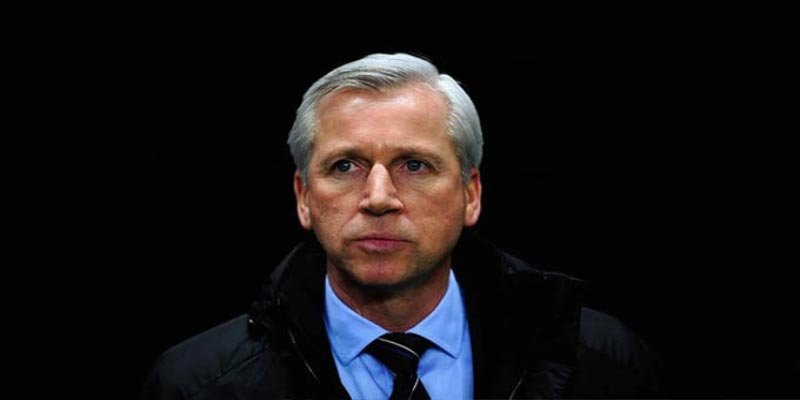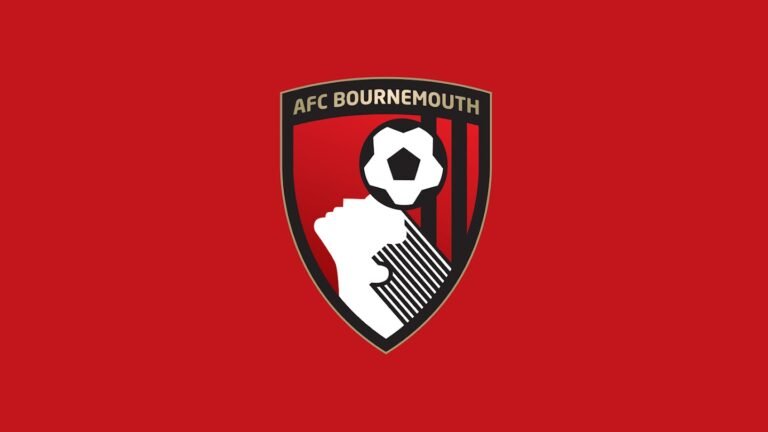
Alan Pardew: The Untold Secrets of a Football Manager's Career
Alan Pardew’s career has been a rollercoaster of emotions, marked by both remarkable successes and unforgettable setbacks. Renowned for his bold strategies and relentless drive, his time at top clubs left a legacy of drama and controversy. Behind the tactical brilliance, however, lies a story of ambition, resilience, and the ups and downs of football management. This article delves into the complexities of Pardew’s journey, exploring the triumphs and struggles that have made him a fascinating figure in the world of football. Discover more with RR88S APP.
Major Achievements in Alan Pardew‘s Football Career
Alan Pardew‘s managerial journey has been dotted with significant milestones that underscore his capabilities as a coach. From leading teams to promotion to achieving cup success, his list of accomplishments is extensive. Notably, his time at Newcastle United stands out as a high point in his career, where he showcased his ability to manage under pressure and deliver results.
One of the most memorable campaigns came during the 2011-2012 season when Alan Pardew guided Newcastle to a fifth-place finish in the Premier League, earning them a spot in the UEFA Europa League. This achievement not only highlighted his tactical acumen but also the strength of the squad he assembled. It was during this period that Pardew developed a reputation for being a pragmatic strategist, adept at adapting his approach based on opponents.
In addition to league success, Alan Pardew‘s accomplishments also include reaching the FA Cup final with West Ham United, showcasing his capability to navigate high-stakes situations. The emotional rollercoaster of cup competitions is something every manager must endure, and Pardew’s run to the finals remains a testament to his skill and determination.
Key Milestones in His Career
Throughout his managerial career, Alan Pardew has hit key milestones that have defined his journey. Each succeeded appointment brought new challenges and opportunities for growth. For instance, his time at Southampton provided him with the foundations of nurturing young talent—a trait he would carry into future roles.
When he took over at Newcastle United, he inherited a club steeped in rich history and fan expectations. His ability to connect with the passionate Newcastle supporters, combined with consistent performances on the pitch, resulted in accolades and recognition, solidifying his place among the elite managers of his generation.
The culmination of these milestones reflects not just individual victories, but also a resilient character willing to learn and adapt. The road was not always smooth, but each twist and turn added depth to Alan Pardew’s narrative as a manager.
Tactical Innovations
Alan Pardew’s tactical innovations have often drawn interest from analysts and fans alike. Renowned for his flexibility, he has shown an ability to tweak formations based on the strengths of both his team and the opposition. Whether employing a 4-2-3-1 or a more traditional 4-4-2, Pardew’s adaptability has often yielded positive results.
One of his notable contributions is the emphasis on a strong pressing game, instilling a work ethic in his players that allows them to disrupt opponents effectively. His focus on wing play and utilizing fast-paced counter-attacks became hallmarks of his teams, leading to exciting football that captivated audiences.
Ultimately, the tactical innovations brought forth by Alan Pardew not only carved a niche for his teams but also contributed to the evolution of modern football management. His journey serves as an insightful case study for aspiring coaches seeking to understand the delicate balance between strategy and player dynamics.
The Clubs That Shaped Alan Pardew’s Success
Alan Pardew’s journey as a football manager has been profoundly influenced by the clubs he has managed. Each establishment has left an indelible mark on his career, shaping his philosophy and approach to football. His stints across various leagues have contributed to a rich tapestry of experiences that define his legacy.
From his initial forays into management with lower-league clubs to high-profile roles in the Premier League, each club presented unique challenges and opportunities. In this section, we delve into the clubs that played pivotal roles in molding Alan Pardew into the figure he is today.
Kingstonian FC: The Initial Spark
Managing Kingstonian FC was Alan Pardew‘s first significant step into the world of football management. The role allowed him to gain invaluable experience, where he learned about the complexities of managing a team. At Kingstonian, he focused on instilling discipline and structure while promoting a sense of camaraderie.
During his time there, Pardew emphasized youth development, laying the groundwork for his future emphasis on nurturing talent. By prioritizing player growth, he created a culture of self-improvement that would become a hallmark of his managerial philosophy. The skills honed during this period would subsequently serve him well as he ascended to larger clubs.
Reading FC: Building Momentum
Pardew’s move to Reading FC marked a significant milestone in his career, allowing him to showcase his tactical prowess. During his tenure, he implemented an attacking style that revitalized the squad and endeared him to supporters. Under his stewardship, Reading experienced success, which included a dramatic playoff victory, validating Pardew’s strategic vision.
At Reading, Alan Pardew learned the importance of adaptability. Navigating the pressures of managing a club striving for promotion required a careful balance between ambition and pragmatism. His tenure here reinforced his belief in developing a cohesive unit, where every player understood their role and responsibilities.
West Ham United: Rising to Prominence
Arguably, Alan Pardew‘s time at West Ham United was the defining moment of his career. Taking charge of the Hammers was both a blessing and a challenge, given the club’s heritage and passionate fanbase. In his first season, Pardew guided West Ham to the FA Cup final, capturing the hearts of supporters even in defeat.
His ability to galvanize the team during crucial moments showcased his leadership qualities. The blend of youth and experience within the squad flourished under his direction, culminating in enthralling performances that resonated with fans. West Ham became a platform where Pardew’s managerial prowess garnered national attention, setting the stage for future ventures.
Newcastle United: A Roller Coaster of Emotions
Perhaps the pinnacle of Alan Pardew‘s managerial career came during his tenure at Newcastle United. Known for its fervent fanbase and storied history, managing the Magpies came with immense pressure. Pardew rose to the occasion, delivering a fifth-place finish that earned him accolades and recognition.
However, the roller coaster of emotions did not fade away with success. The tumultuous relationship between management and supporters sometimes overshadowed his achievements. Despite the challenges, Alan Pardew‘s experiences at Newcastle were transformative, teaching him valuable lessons about expectation, accountability, and resilience.



